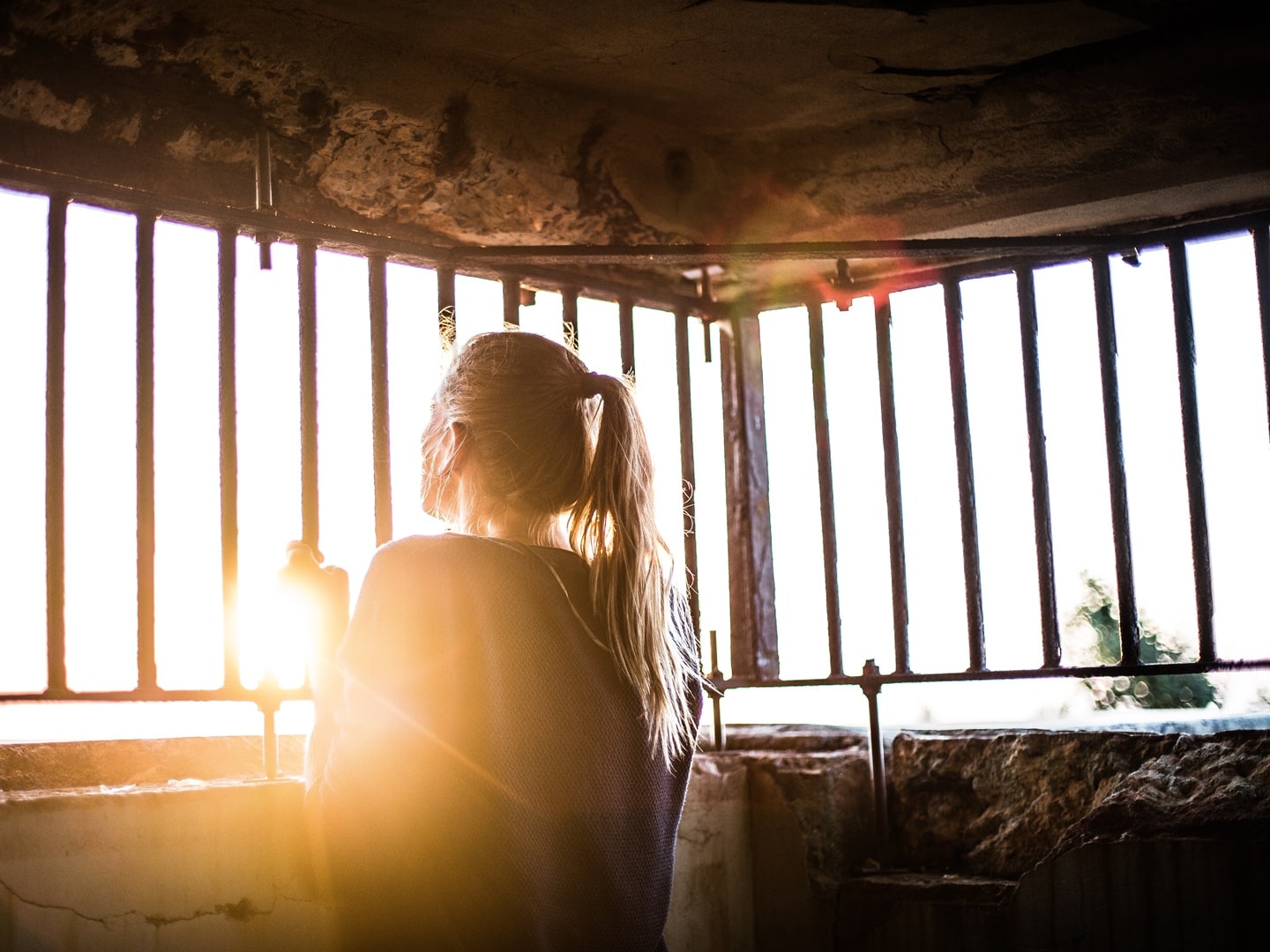– 66 per cent of women in prison are mothers of dependent children.
– 312, 000 children are affected by parental imprisonment each year.
Strengthening family relationships is the aim of our Kids Matter parenting programme, and our vision to equip parents with the tools to build positive, lasting relationships with their children extends from local communities to prisons and the context of incarceration.

A new report by The Centre for Social Justice (entitled “CONTROL, ORDER, HOPE: A manifesto for prison safety and reform”) emphasises the importance of family relationships as crucial to the well-being of not only a parent in prison but their children, too.
Greater emphasis needs to be given to the importance of prisoner relationships with their children. There exists a high correlation between having a father in prison and sons offending in the future: 65 percent of boys with a convicted parent go on to offend themselves. Although we cannot induce causality from this statistic alone, the government should recognise that family relationships deserve focus and attention. Sustaining trusted relationships can give offenders a reason to avoid future engagement with the criminal justice system.
Another interesting statistic cited in the report is that for a prisoner who receives visits from a partner or family member, the odds of reoffending are 39 percent lower than for prisoners who had not received such visits.
Imprisonment puts massive strain on family relationships in and of itself but understaffing and overcrowding is impeding consistency across the prison service with respect to family contact. Prisoners who are not given regular hours of out of cell activity struggle to maintain consistent contact with their loved ones on the outside, according to the report.
Whilst it must be acknowledged that that family relationships and contact are not universally positive (and great caution must be exercised in these circumstances) of the 312, 000 children affected by parental imprisonment each year (a number significantly in excess of previous estimates), many will be in desperate need of a strong family role model.
The question is: what can we do to support these children, parents and families?
According to the report, far too little attention has been given to a coordinated approach across the estate. Family relationships are crucial levers of rehabilitation; familial bonds fundamentally underlie self-reform. Amongst other things, the report calls on the government to explicitly acknowledge the priority of maintaining family contact in the context of the prison service. The report suggests the incorporation of a family structure section within the Manual of Guidance (MG) for prosecutions. This would help improve identification of dependent children at an early stage, so that the appropriate authorities can be notified and the needs of children can be assessed.
At Kids Matter we’d love to be part of an ongoing initiative that would assist in the strengthening of relationships between children and their parents in prison. Here are some quotes from some of the dads who’ve taken part in our parenting programme:
I didn’t want to come back after last week, but that night I called my kids and realised I was using things we’d talked about during the session and it changed our conversation.
This course really changes people’s lives. The only other course where the people are as nice is Alpha.
This is the only time in the week that’s dedicated to our kids.
It follows to the wings – we talk about what we’ve discussed with each other. Before the course we didn’t talk about our kids.
Communication with my eldest daughter has definitely improved.
For more information about Kids Matter in Prison, please contact us at info@kidsmatter.org.uk – we’d love to chat. (And read the full ‘CONTROL, ORDER, HOPE’ report HERE)